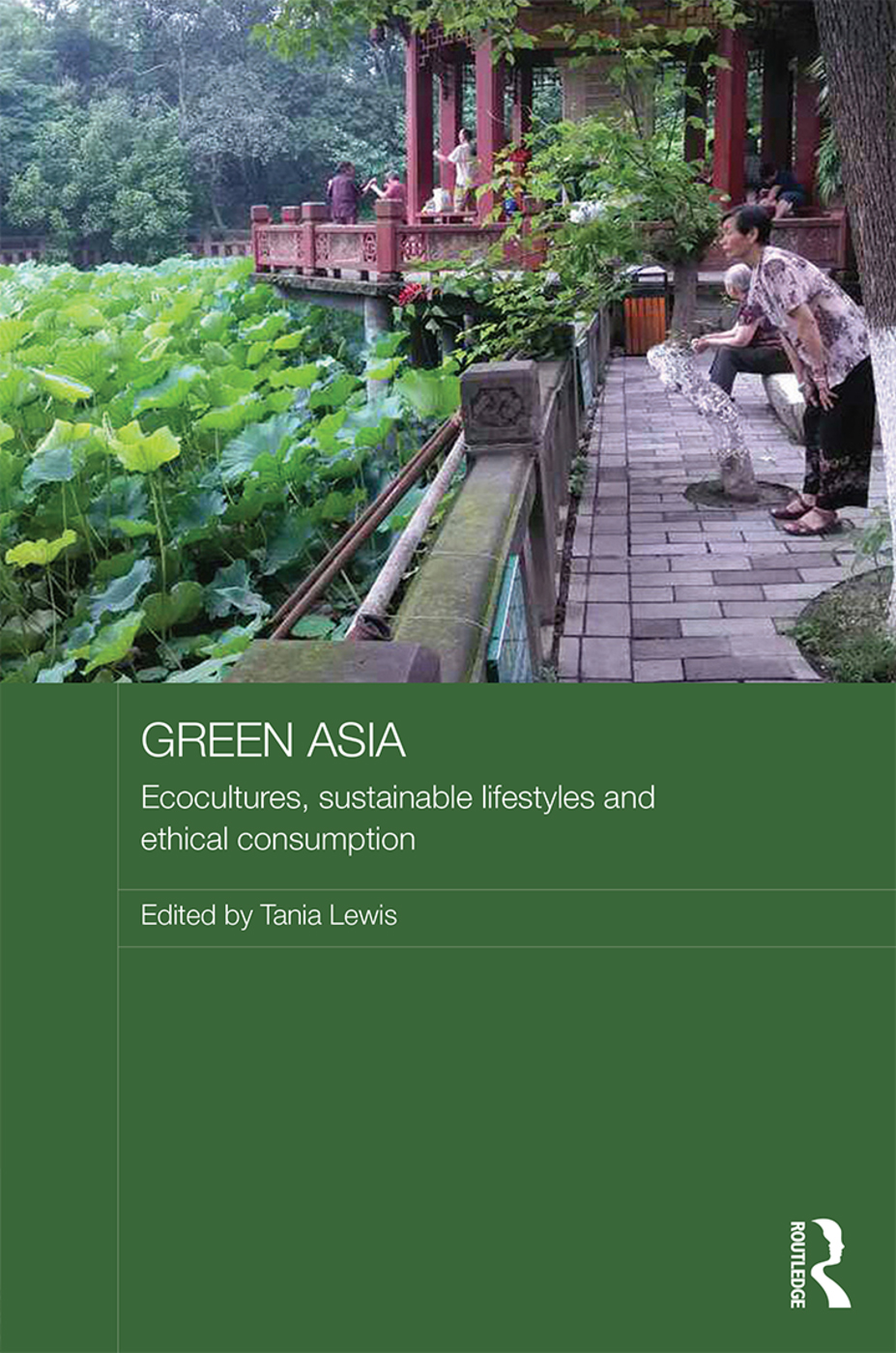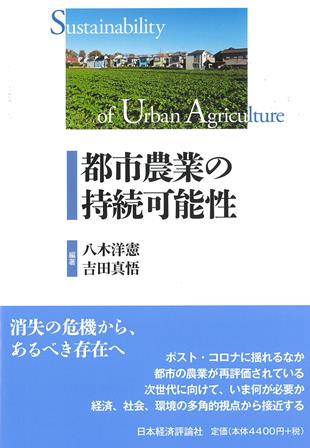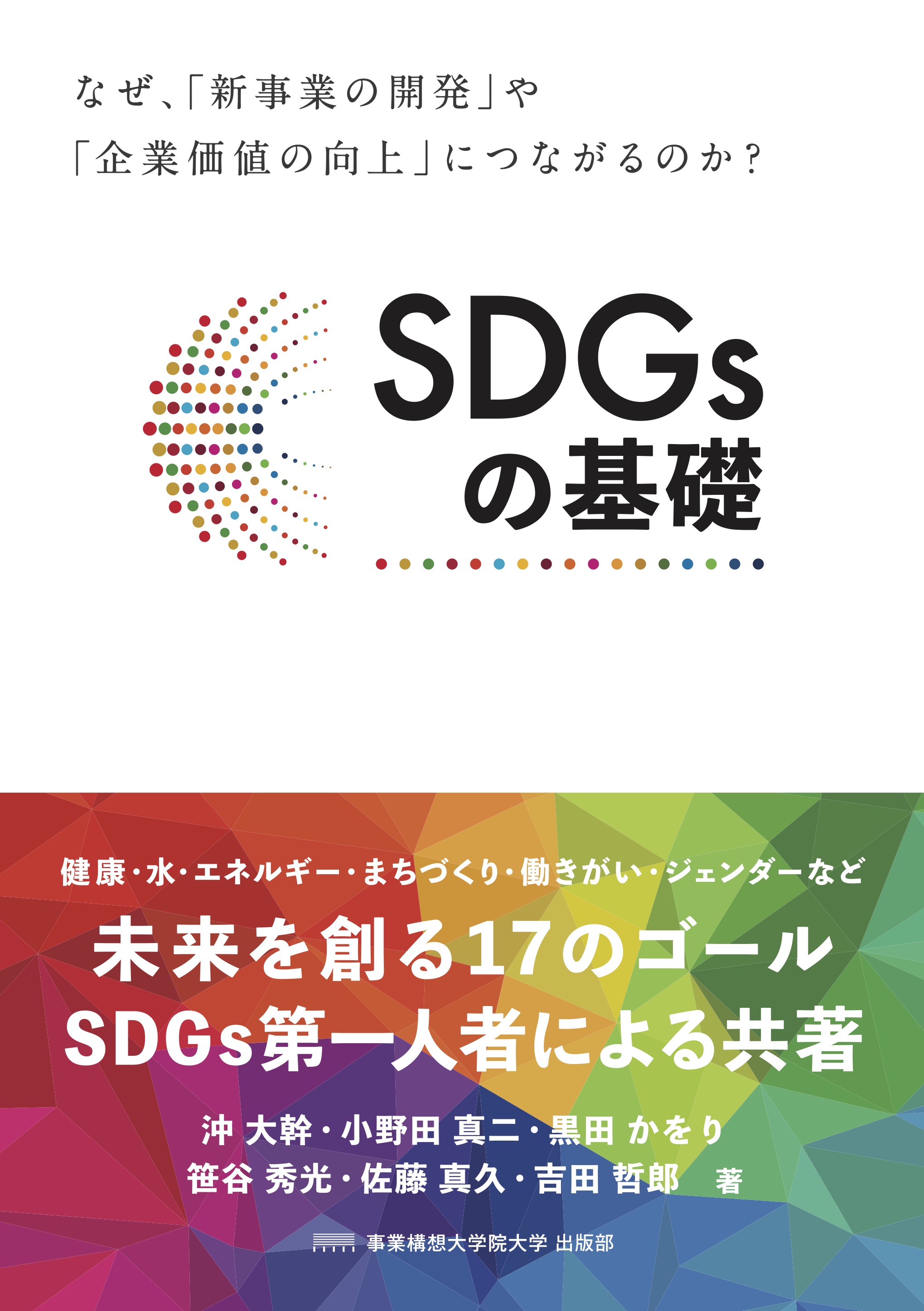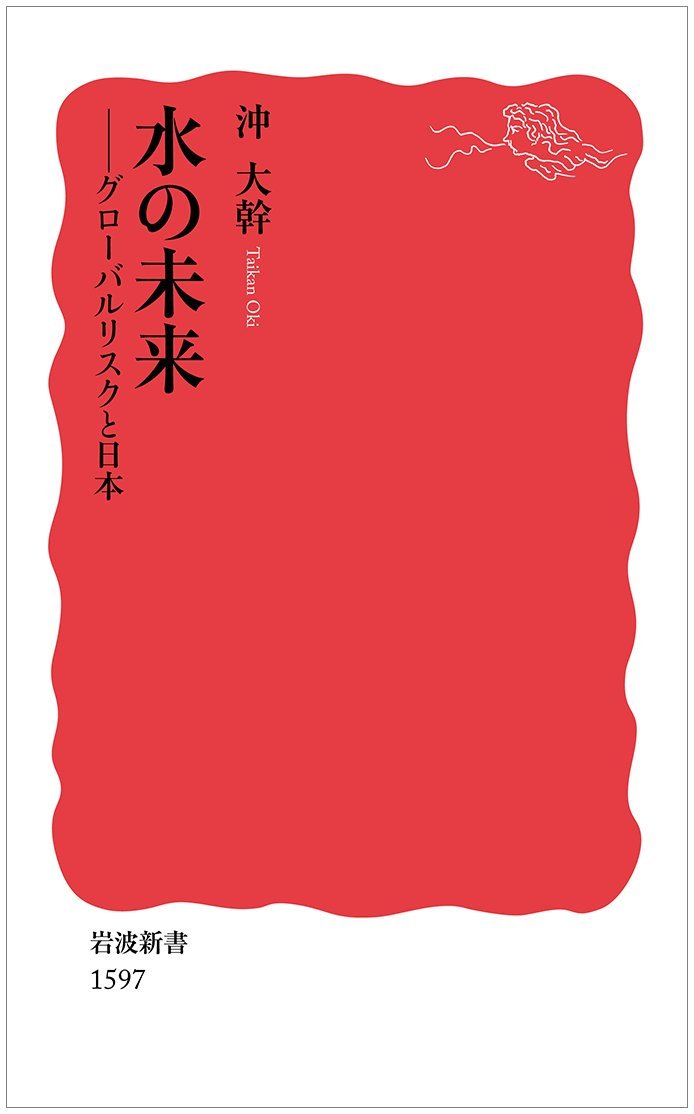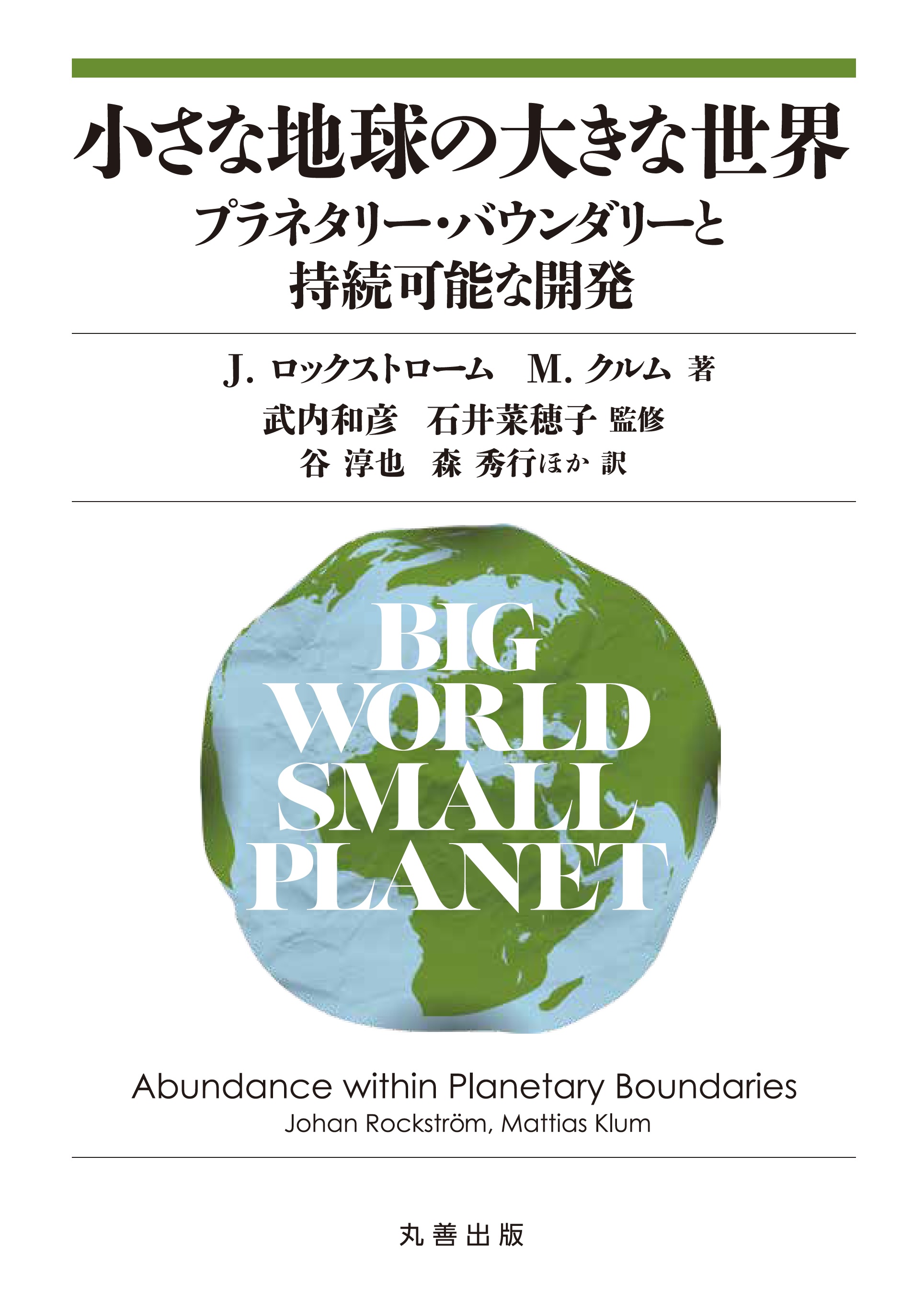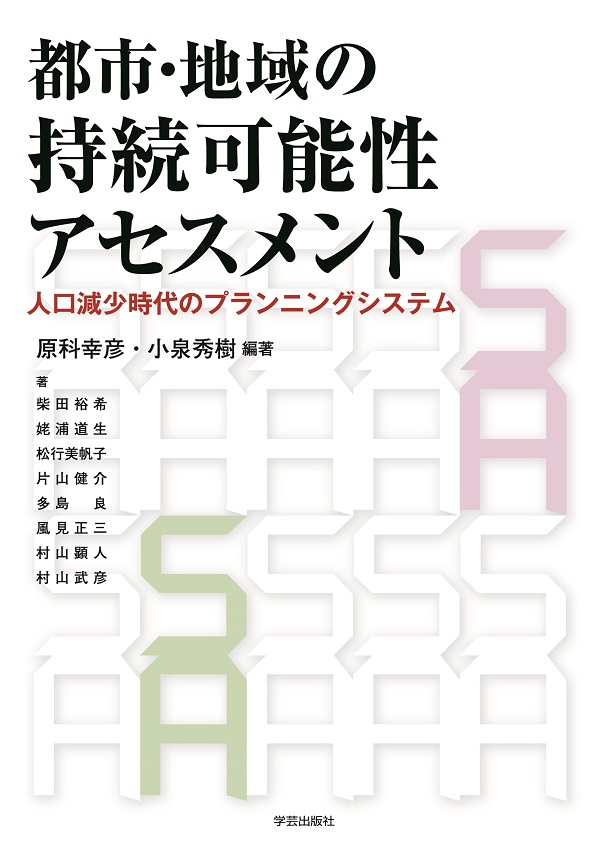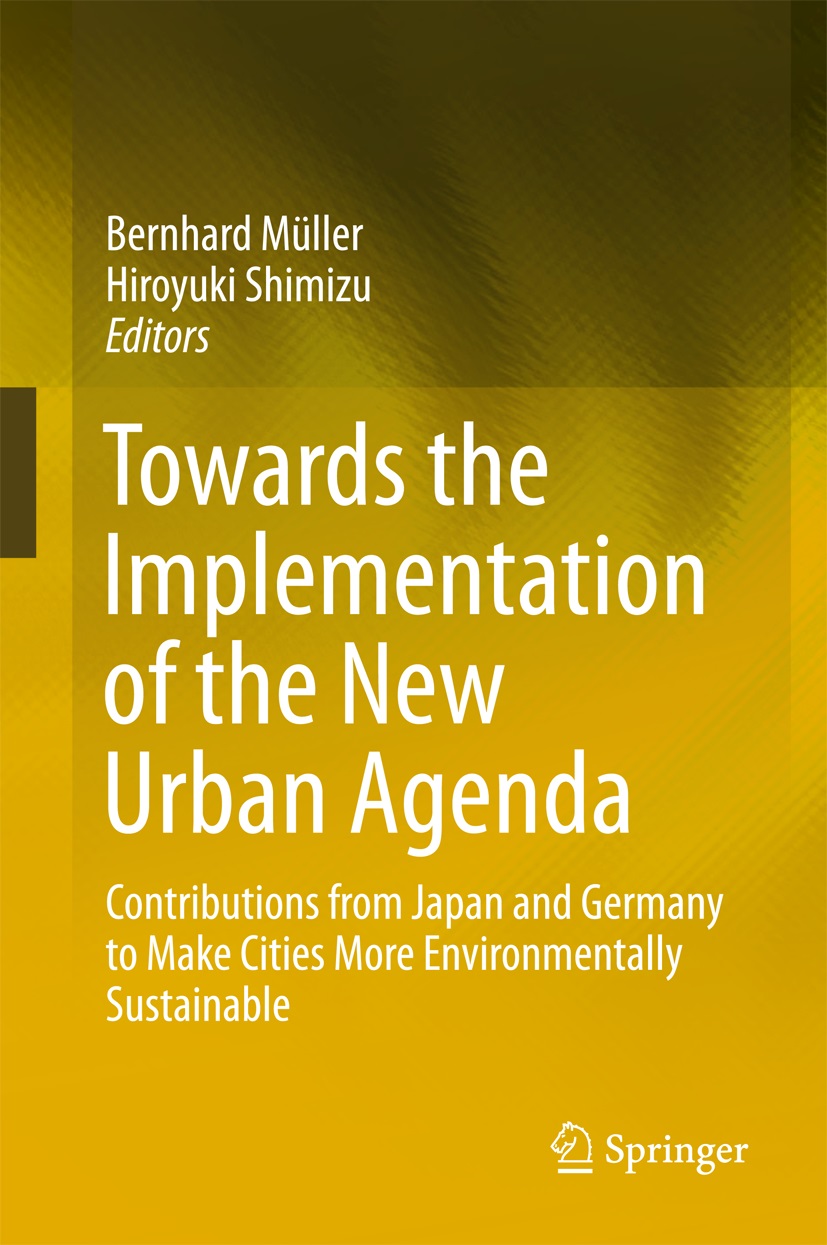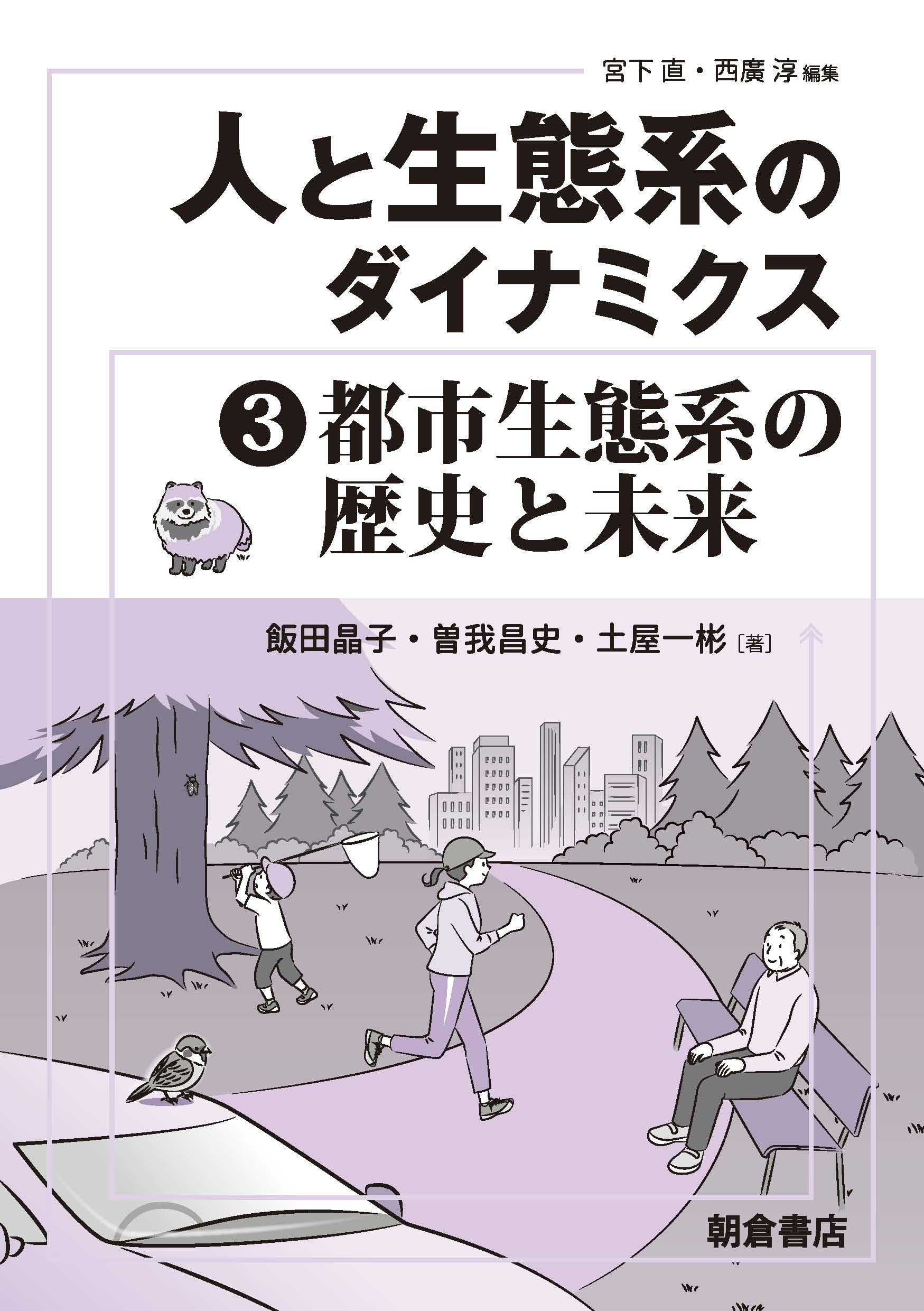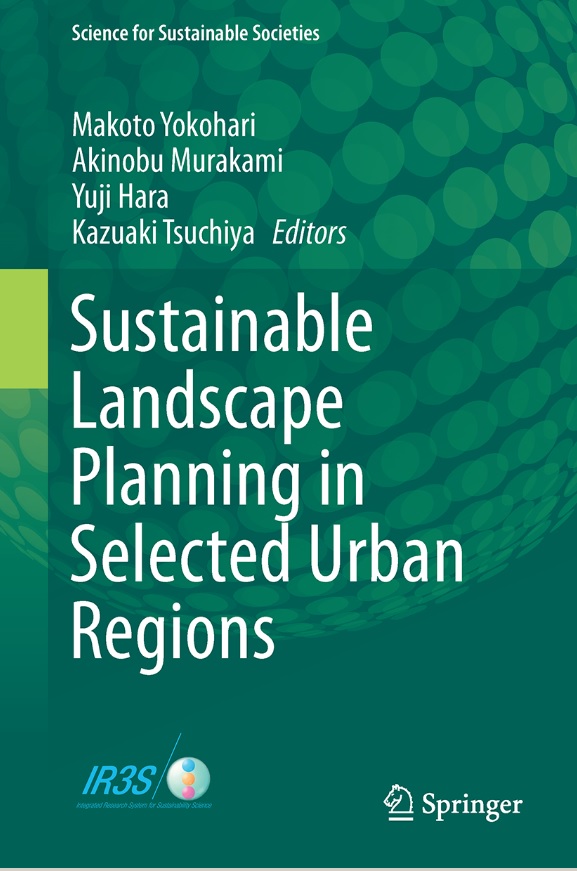
Title
Science for Sustainable Societies Sustainable landscape planning in selected urban regions
Size
265 pages
Language
English
Released
2017
ISBN
978-4-431-56443-0
Published by
Springer
Book Info
See Book Availability at Library
Japanese Page
Nowadays, we often hear the term “sustainable development goals (SDGs).” As eloquently exemplified by this fact, the idea of sustainability represents one of the most important goals in today’s world. It appears, however, that the term “sustainability” is used mostly in the context of spreading certain technology in society. Solar power generation and electric vehicles are good examples of such technology. This book takes a somewhat different approach to discussing sustainability, focusing mainly on nature and culture, although it also touches on technological aspects. In order to show this, we used the term “landscape” in the title of this book. We hope that our new landscape approach of considering the relationship between human and nature, as an addition to the mainstream approach of considering sustainability from technological aspects, will help bring greater sustainability, going beyond just reducing environment burdens. Nature and culture are diverse and unique to each city or region, and we believe that such diversity and uniqueness could lead to greater sustainability.
This book presents a series of theories from various academic fields along with relevant case studies from around the world to untangle and diagnose sustainability from the perspective of landscape and transform it into that of a better kind. In the first section dedicated to untangling, we explain the unique perspective of this book, initiating discussion by reviewing basic concepts such as cities and regions. In the second section on diagnosing, we observe the symptoms of various environmental and social problems faced by cities and regions, such as heat island effects, to identify affected areas and causes by taking a microscopic view to look deep into details at times and a macroscopic view to capture the whole picture at other times. The last section of the book is about transforming cities and regions based on the diagnosis made in the previous section. Obviously, an attempt to achieve sustainability with piecemeal symptomatic treatment has its limitations. However, drastic drugs—those that would change everything all at once—may cause unexpected adverse effects. Thus, we conclude this book by introducing some goals that could be achieved through the trial and error of various attempts, such as urban farming, that are modest but will eventually influence the entire system.
Lastly, let us suggest further readings related to the issues covered in this book. This book is one of the Science for Sustainable Societies series compiled under the leadership of the University of Tokyo’s Integrated Research System for Sustainability Science (IR3S). While the discussion in this book is made chiefly from the perspective of city and regional planning, other books in the series focus on various other perspectives of humanity and social science, including biofuel policy as well as traditional and scientific knowledge. The issue of sustainability is characterized by a complex web of various challenges. For those readers who are inspired by this book and want to learn more about sustainability, we recommend other books in the series.
(Written by TSUCHIYA Kazuaki, Assistant Professor of Graduate School of Agricultural and Life Science and YOKOHARI Makoto, Professor, School of Engineering / 2018)
Table of Contents
1. Landscape Planning for Resilient Cities in Asia: Lessons from Integrated Rural–Urban Land Use in Japan
2. The Sustainability of Extended Urban Spaces in Asia in the Twenty-First Century: Policy and Research Challenges
3. Establishing A Sustainable Community Through Urban and Rural Fusion
4. Sustainable Urban Structure and Transport Policy in the Metropolitan Region
5. Creation of Collaborative Networks at the City-Regional Level: Two Innovative Cases in Japan
Part II Diagnosing Urban Regions: Social and Environmental Consequences of Urbanization
6. Features of Urbanization and Changes in the Thermal Environment in Jakarta, Indonesia
7. Strategic Analysis of Urban and Peri-urban Agriculture in Asia: Issues, Potential and Challenges
8. Farmland Conversion and the Sustainable City: The Case of Yogyakarta, Indonesia
9. Urbanization in the Philippines and Its Influence on Agriculture
10. The Landscape of Bangkok’s Agricultural Fringe and City Region Sustainability: An Ecological and Cultural Co-evolution
11. Infectious Risk Assessment with Exposure to Pathogens in Floodwater—A Case Study of Manila’s Vulnerability to Climate Change
Part III Diagnosing Urban Regions: Rural-Urban Linkages and Sustainability Challenges
12. Feeding Urban Regions: Estimating the Energy Consumption of Domestic Vegetable Supplies for Osaka, Japan
13. Catchment-Scale Water Management of Wastewater Treatment in an Urban Sewerage System with CO2 Emission Assessment
14. Dispersion of Contaminants in Urban Regions and Beyond
15. Urban–Rural Interrelations in Water Resource Management: Problems and Factors Affecting the Sustainability of the Drinking Water Supply in the City of Bandung, Indonesia
Part IV Transforming Urban Regions: Toward Regional Sustainability
16. Urban Agriculture in the Philippines: Initiatives, Practices, Significance, and Threats
17. Scaling-Up: An Overview of Urban Agriculture in North America
18. Regional Planning and Projects in the Ruhr Region (Germany)
19. Biowaste Reuse Through Composting: The Response of Barangay Holy Spirit in Quezon City, Philippines, to Solid-Waste Management
20. A Concept of Integrated Groundwater Management for Sustaining Indonesian Cities Using the System Interrelationship Model
21. Informal Collaborative Network: A Case Study of Meinung, Taiwan
Related Info
Interview with Professor Makoto Yokohari Graduate School of Engineering, The University of Tokyo, Japan (IUFRO – International Union of Forest Research Organizations)
http://blog.iufro.org/2016/09/13/interview-with-professor-makoto-yokohari-graduate-school-of-engineering-the-university-of-tokyo-japan/



 Find a book
Find a book


